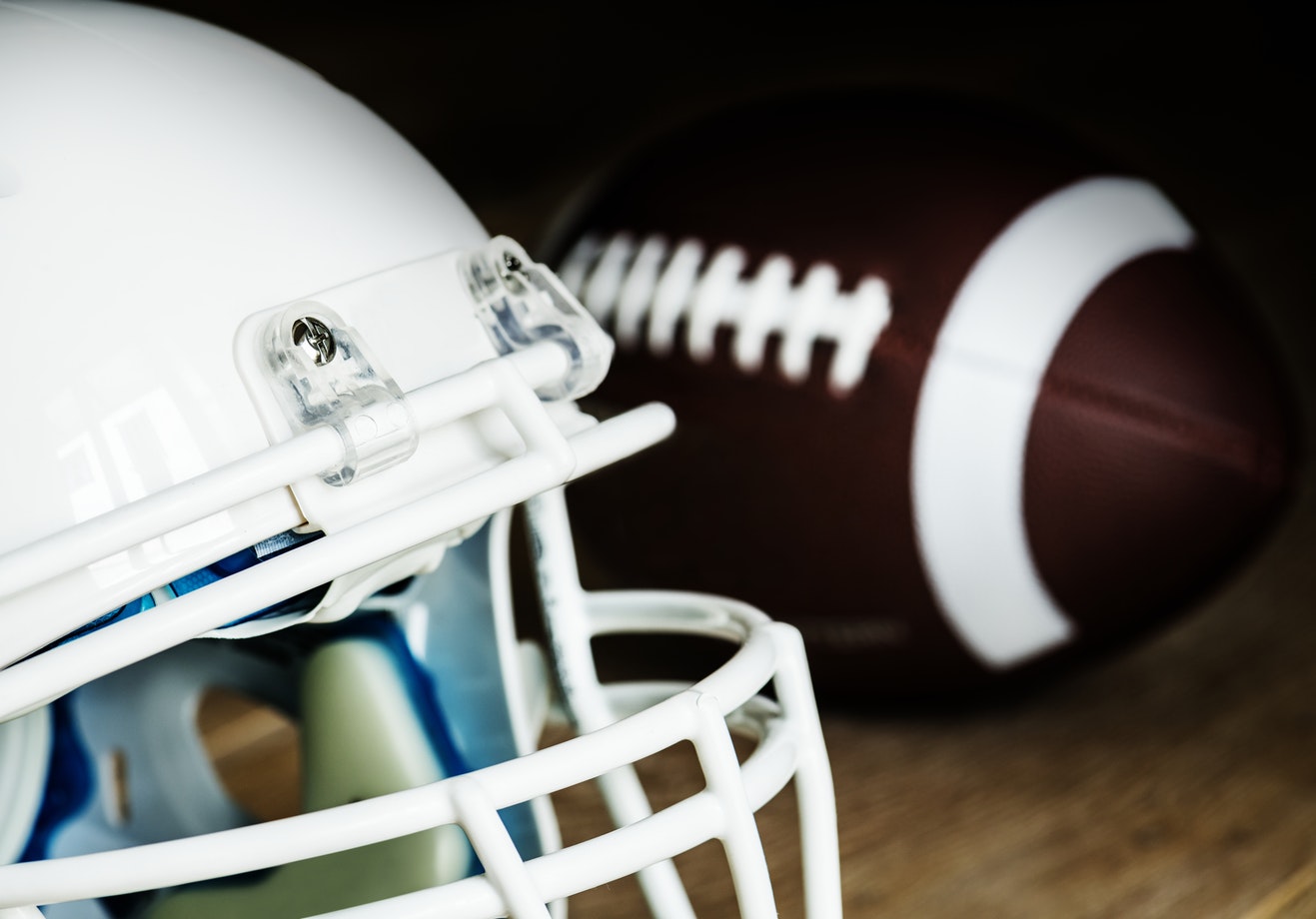What once was a largely ignored issue, mental health in pro sports is beginning to get the attention it so desperately needs and deserves. In 2018 we saw an abundance of stories about the subject emerge from athletes’ openness (DeMar DeRozan, Kevin Love, and Michael Phelps just to name a few); to the NBPA’s hiring of Dr. William D. Parham, the
“Everyone is going through something that we can’t see.” – Kevin Love
It’s not a secret that I’m a proponent for having an open dialogue in society about mental health. Every single person on this planet needs that support. Whether you’re struggling with an issue, wanting to work through fears, dealing with the pressures of life, or you’re seeking a more peaceful, balanced way of living. The fact is that everyone has buttons that can be pushed and so everyone needs a way of learning how to cope with that in a healthy way. Giving athletes the resources and allowing them to voice their issues, is critical in an environment that preaches mental toughness. The bottom line is if you want to be stronger, you have to address your weaknesses and since you’re not a robot, you’re going to have emotions, some of which aren’t always pleasant.
In his book, The Mindful Athlete perhaps George Mumford said it best when he wrote, “Every human being and every player I’ve worked with has some hindrance that he or she is struggling with, whether it’s fear, anger, insecurity, negative self-talk, or guilt. Elite athletes often have an additional brand of stress that comes with success: the intense pressure of highs stakes and a national spotlight on their every step or misstep.”
The difference in addressing mental health in pro sports lies in the athlete’s environment and in addressing him or her as an individual.
Going through a tough time or struggling with an issue like anxiety or depression, doesn’t mean that you’re broken or weak, but to the individual suffering, mental health issues can feel isolating in large part because it also begins in your mind, which unlike physical injuries, is invisible to everyone else. Furthermore, in sports athletes are taught mental toughness and uncompromising competitiveness, which is not necessarily the best environment for an individual feeling anything other than tough, solid, or fully in control.
In an interview with David Greene on NPR in December 2018, Guerin said, “When you’re looking at a hypermasculine environment such as football, it’s still, you know, getting over, I don’t have to be tough all the time. Like, it’s OK to be vulnerable. It’s OK to cry. It’s OK to have a therapist and be open to say that, you know what? I’m talking to someone. I’m working through some things just so that I can make sure that I’m in a good place mentally.”
Mental health in pro sports is moving forward.
Although historically kept quiet, a players’ life is more on display with the social media lifestyle we now live in. And while social media can sometimes be detrimental to one’s own mental health (that’s another article all together), social media is giving athletes and platform to voice their opinion and share their lives. Even those who have created burner accounts use it as an outlet for one reason or another. I believe that while we look up to athletes as superhuman and we look to them for entertainment, we also want to relate to them. Social media has given us more access than ever and so here we are looking at them more and more as individuals, which is a big piece that’s been missing all these years. They aren’t just players, they’re humans. I do believe that contributes to the discussion we are having today about mental health among other issues. They have the platform and we’re more than willing to listen.
This world of transparency lends an opportunity to normalize the conversation around mental health, which is if 2018 was any indication, is only going to continue to happen. When you combine athlete conversation with organizational and league buy-in, I believe we’ll soon see every team have an in-house therapist and mental health team the same as they have personal trainers and doctors. It’s never been understated that mindset is the number one factor in an athlete’s performance; it’s just that we’re now prioritizing an individual’s overall health knowing that if we want to protect the player, we have to serve all of their health needs, not just the ones we can see.
What’s going on inside reflects on what happens on the outside. And as a fan, and a coach, I think athletes deserve to enjoy all of their time, not just their playing time.
Want to chat more about mental health and athletes? Click here to contact me.

